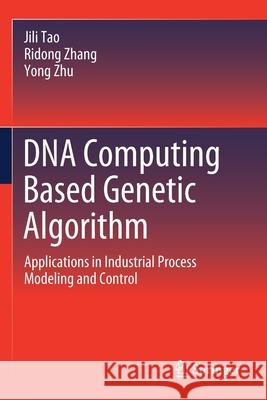DNA Computing Based Genetic Algorithm: Applications in Industrial Process Modeling and Control » książka
topmenu
DNA Computing Based Genetic Algorithm: Applications in Industrial Process Modeling and Control
ISBN-13: 9789811554056 / Angielski / Miękka / 2021 / 274 str.
DNA Computing Based Genetic Algorithm: Applications in Industrial Process Modeling and Control
ISBN-13: 9789811554056 / Angielski / Miękka / 2021 / 274 str.
cena 605,23
(netto: 576,41 VAT: 5%)
Najniższa cena z 30 dni: 578,30
(netto: 576,41 VAT: 5%)
Najniższa cena z 30 dni: 578,30
Termin realizacji zamówienia:
ok. 16-18 dni roboczych.
ok. 16-18 dni roboczych.
Darmowa dostawa!
Kategorie:
Kategorie BISAC:
Wydawca:
Springer
Język:
Angielski
ISBN-13:
9789811554056
Rok wydania:
2021
Wydanie:
2020
Ilość stron:
274
Waga:
0.40 kg
Wymiary:
23.39 x 15.6 x 1.52
Oprawa:
Miękka
Wolumenów:
01
Dodatkowe informacje:
Wydanie ilustrowane











